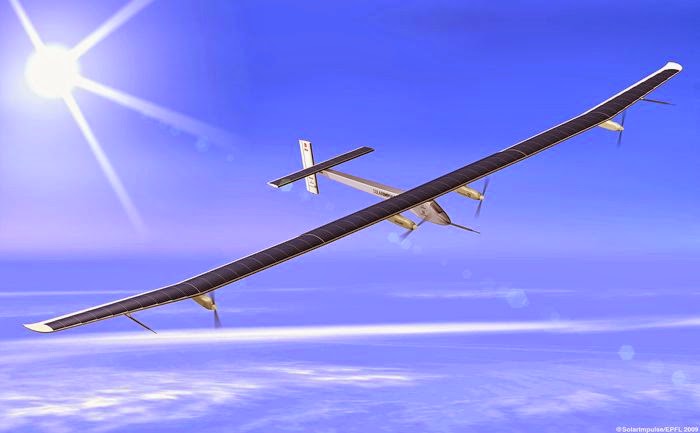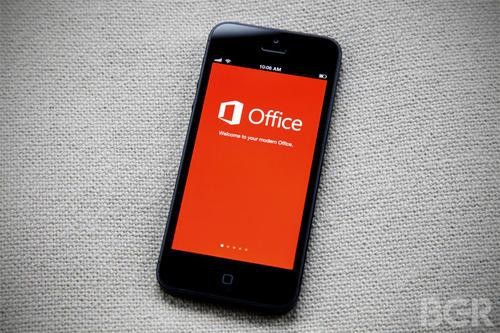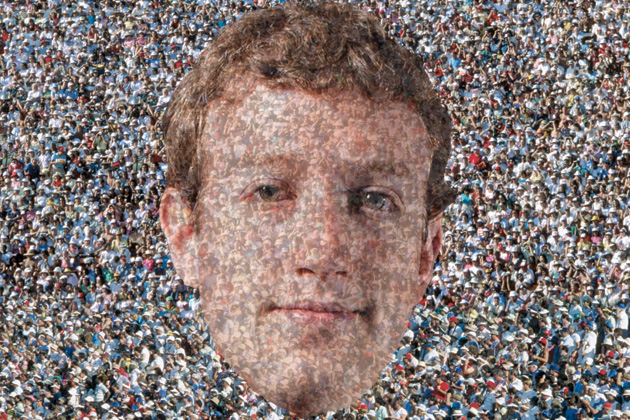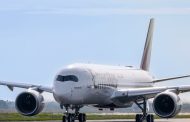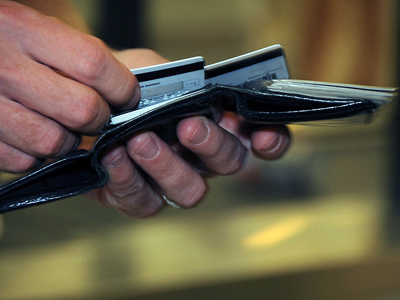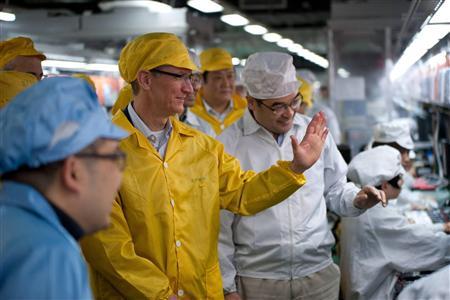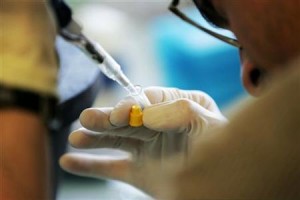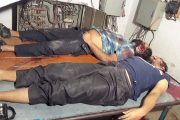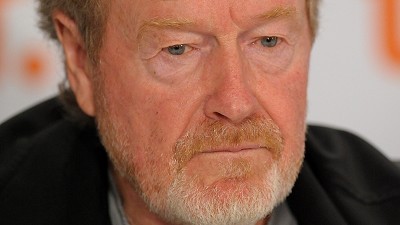Facebook is giving more details about its effort to connect remote parts of the world to the Internet — and it involves drones, lasers, and satellites.
CEO Mark Zuckerberg said Thursday that Facebook is hiring “key members of the team” from Ascenta, a UK company whose founders created early versions of the world’s longest-flying solar powered drone.
Zuckerberg also unveiled the Facebook Connectivity Lab. The operation will employ the Ascenta hires as well as hires from NASA’s Jet Propulsion Lab and Ames Research Center.
The lab’s goal is to bolster Internet.org, the Facebook-led project that aims to connect the more than 70 percent of the world’s 7 billion people who are not yet online.
The announcement comes days after Facebook announced a $2 billion deal to buy virtual reality startup Oculus.
Zuckerberg has said that access connectivity is not the main obstacle to getting the world online. He noted at the Mobile World Congress wireless show in Barcelona, Spain, last month that more than 80 percent of the world’s population live in areas with 2G or 3G wireless access. More important, he said, is giving people a reason to connect: basic financial services, access to health care information, and educational materials.
Facebook’s acquisition of a company called Onavo last fall also fits with Internet.org’s vision. Onavo develops data compression technology, which helps applications run more efficiently. This is especially important in developing countries, where people have Internet access at much slower speeds.
Google, which is not a part of the Internet.org effort, launched a similar undertaking earlier this year with the goal of getting everyone on earth online. Called Project Loon, the effort launched Internet-beaming antennas aloft on giant helium balloons.
@karim / BI







